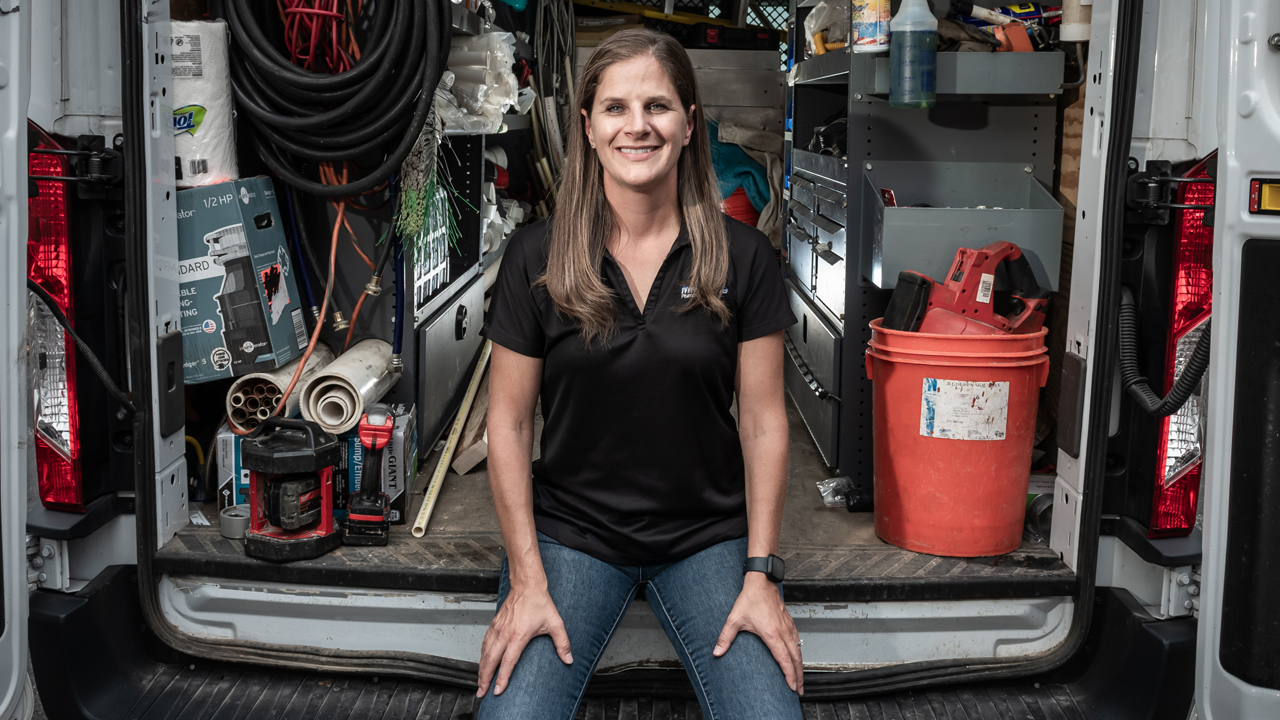As gig workers continue to take up a larger share of the local and national workforce, companies are increasingly tasked with navigating a changing benefits landscape.
Wisconsin is currently home to more than 300,000 gig workers, which mainly include drivers for transportation network companies and delivery network companies like Uber, Lyft, Instacart and DoorDash. Other categories like 1099, or independent contractors, and fractional employees make up a larger population.
In response to Wisconsin’s growing gig economy, legislators proposed a bill that sought to reevaluate regulation of on non-traditional benefits packages.
The bill, which was introduced in May of this year, would have reclassified gig workers as 1099 contractors and allow gig employers to optionally contribute to a portable benefits fund. Portable benefits plans would include health, vision and dental insurance, retirement savings, replacement of lost income and workers’ compensation – benefits they typically do not have access to outside of standard W-2 status.
In turn, the bill would have disqualified gig workers from their current offerings, which include minimum wage guarantees, unemployment insurance and workers’ compensation.
In early August, Gov. Tony Evers vetoed the bill, putting Wisconsin among the 47 other states that do not offer portable benefits plans to gig workers. Thus far, only three states – Utah, Alabama and Tennessee – have adopted a bill relating to gig work.
“I object to the bill’s definition of independent contractor status in the absence of any guaranteed benefit for workers,” said Evers in his veto message. “App-based drivers are a growing segment of Wisconsin’s workforce and changes to independent contractor definitions are a serious endeavor – one that demands substantive conversations among several parties, including with both management and workers, in order to achieve an appropriate and balanced policy that all sides can support.”
Companies and lawmakers that supported the bill did so because of the flexibility it could have provided for people working outside of a 9-to-5 schedule, said Rachel Ver Velde, associate vice president of government relations and senior political adviser at Wisconsin Manufacturers & Commerce.
WMC supported the bill and said Gov. Evers’ veto was a sign of union support and a lack of support for the everyday worker.
“When you look at who came to testify in support of or opposition to the bill, everyday Wisconsinites showed up and said that they wanted the flexibility of these benefits accessible to them,” Ver Velde said. “The only person that testified in opposition was the leader of the (Wisconsin State AFL-CIO) union.”
In a letter to the Evers administration, Stephanie Bloomingdale, president of the Wisconsin State AFL-CIO, opposed the bill, citing that it did not guarantee more or less flexibility to gig workers. Instead, she said the bill would have disqualified gig workers from traditional benefits and would have given major tech companies the option to contribute, rather than an obligation.
The statewide dispute over gig worker benefits mirrors some of the choices that companies across industries are making around hiring 1099 contractors.
Adonica Randall, president and chief problem solver of Pewaukee-based technology brokerage Abaxent LLC, operates the company using a third-party Professional Employment Organization to avoid added costs from employing 1099s.
As a small brokerage working with sizable projects across different states and countries, Abaxent’s staff fluctuates often, ranging from anywhere between 30 to 60 employees at once. Given the varying locations Abaxent services and the nature of its industry, its partnership with its PEO helps to alleviate the company of additional cost, risk and obligation to provide benefits. Randall declined to disclose the company’s PEO partner.
Without 1099 workers on its payroll, Abaxent’s insurance costs are 30%-40% lower than those of its competitors that do employ 1099 workers.
“If I have 1099s on my payroll – and (insurance) does ask on an annual basis – my insurance goes up,” said Randall. “If 1099s don’t pay their taxes, the IRS comes for you as the employer.”
Abaxent primarily hires its employees under the temporary W-2 umbrella. Its temporary W-2s are offered insurance and benefits through its PEO, a method Randall said is much more cost effective than hiring a human resource representative. Abaxent’s PEO takes a portion of the employee’s salary as payment.
“If it’s 2%, 5% or 10%, whatever the number is, that’s what we pay them to maintain that,” she said. “If somebody says, ‘That seems expensive,’ I say, ‘No, hire an HR manager that doesn’t know the rules in Illinois, that’s what’s expensive.”
Beyond temporary W-2s, Abaxent will occasionally hire corp-to-corp employees, contracting with another entity to avoid 1099 labeling and costs.
Jessie Cannizzaro. Credit: Valerie Hill
In an effort to avoid 1099s and combat the skilled trade labor shortage, Jessie Cannizzaro, master plumber and owner of Wauwatosa-based Milestone Plumbing, exclusively hires W-2s, despite a tendency from other skilled trade companies to rely on contract work.
Similar to other merit-based plumbing companies, Cannizzaro hires W-2s and trains them through the entirety of the plumbing trade from apprentice to journeyman to master.
“Because the labor shortage has been so bad, we haven’t really put a lot into hiring licensed people lately,” Cannizzaro said. “We’re working on building our team from the ground up, so many (employees) are coming on board with little to no experience.”
Milestone offers a robust benefits plan to its W-2s, including PTO, holidays, health care, vision and dental, all with a $2,000 deductible. Additionally, Milestone covers all team members’ costs associated with the plan.
Also included in Milestone’s coverage is a company vehicle. Apprentices can drive company trucks from the shop to the field but still must have their own transportation to and from home. When apprentices complete their fourth year, they become eligible to take the vehicle home with them and drive it to anything work related, Cannizzaro said.
While benefits packages, training and retention remain some of Milestone’s priorities in the hiring process, the company also prioritizes longevity and a “family dynamic” in the workplace.
“They’re not just coming in to work a job and then going to another job,” Cannizzaro said. “It’s consistency. Every Monday through Friday, everybody’s at the shop at the same time. It’s more cohesive.”
Author
-

Elizabeth Morin is a writer based in Virginia Beach. She is passionate about local sports, politics and everything in between.
Have any Virginia Beach-related news published on our website? Email us at admin at thevirginiabeachobserver.com.
View all posts



